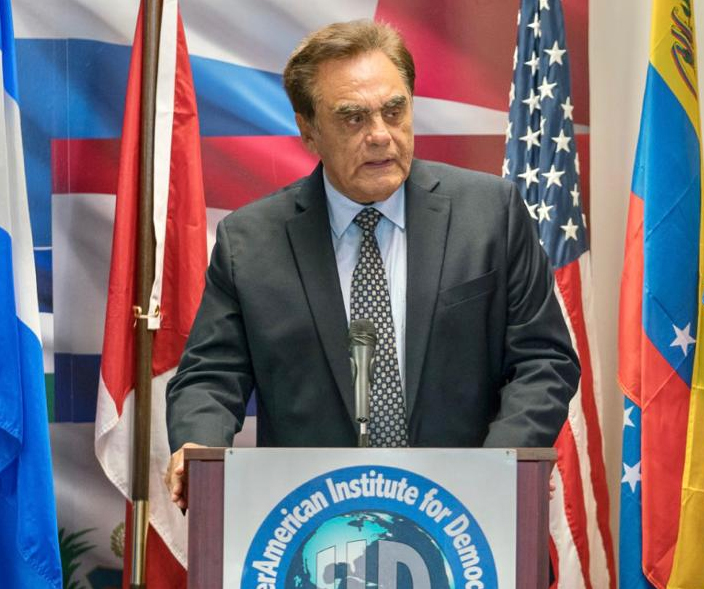Discovering President Petro

By: Luis Gonzales Posada - 2022/06/27
Share:
Former President Álvaro Uribe predicts that “Colombia may have the worst and most dangerous neocommunism in the region, because President Petro is much more intelligent than Chávez, Castillo, Fernández and Ortega,” among other Latin American leaders. We do not doubt that Petro is more talented, shrewd and better structured than those named, but, for that very reason, we do not believe that he can lead his government towards a failed communist model.
For now, convening a Constituent Assembly is not among his objectives and he has said so. In addition – if he tried to do so – he would need two thirds of the votes in Congress and he does not have a majority in the House of Representatives (172 deputies) or in the Senate (108 legislators).
On the danger of promoting expropriations, he rejected that purpose and stated that he will encourage national and foreign private investment, because – he said – it creates wealth and work.
These two announcements place the elected president on the opposite side of the Chavista bloc. Observing the Venezuelan disaster must imply that it flatly discards a system that has only caused misery, inflation, criminality, unlimited corruption, unemployment, systematic violation of human rights and the exodus of more than six million people, one million seven hundred and forty thousand his country.
Only a political psychopath would want to travel to that hell. No one can sensibly follow that path, except for those who live off the tithe of Venezuelan oil, like Cuba, or whose political vassalage leads them to applaud those perversities in order to have an ally and stay in power, like the Nicaraguan satrap Daniel Ortega does.
Sharing a 2,400-kilometer border with Venezuela, a territory that is also home to former FARC guerrillas, members of the National Liberation Army (ELN), drug, gold and arms traffickers should be another aspect for Petro to maintain distance from Chavismo.
In this context, it is important to highlight that Colombia has solid, autonomous institutions that guarantee the rule of law. Not only do they have an independent Constitutional Court, Judiciary and Public Ministry, but the magistrates firmly protect their privileges. Petro had proof of this when he sued the Attorney General, Francisco Barboza, to release the so-called “young people from the front line”, arrested for attacking the police and committing excesses. The magistrate's response was forceful: “if the president-elect wants to seek the release of young people who commit crimes, he must ask Congress to change the law and not the prosecutor.” In summary, the Constitution, the laws, the Parliament and the Powers of the State constitute democratic shackles that will prevent the prediction of former President Uribe from being fulfilled.
Let's say, then, that these are the democratic shackles that should prevent Petro from sliding towards totalitarianism. It will be necessary to observe, however, the first movements in his internal politics and also if in international affairs he distances himself from the dictators of the hemisphere.
There are questions that will define his political profile. Will he remain silent in the face of the Cuban repression, which sentenced dozens of young people to jail – non-violent like those on the “front line”, whose freedom he demanded from the prosecution of his country? Will you raise your voice in protest for the detainees in Nicaragua and for Ortega to account for the 320 murders imputed to him? Will Maduro demand the release of hundreds of military and civilian prisoners, many of them tortured, or will he ignore this issue? Will he protest against the infamous judicial process in Bolivia, sponsored by Evo Morales and carried out by whipping judges at his service, who sentenced former president Jeanine Añez, who suffers from serious health problems, to 10 years in prison?
In what he does or does not do, we will know the true face of Petro.
Published in Spanish by Infobae.com Sunday, June 26, 2022.
“The opinions published here are the sole responsibility of their author.”
«The opinions published herein are the sole responsibility of its author».